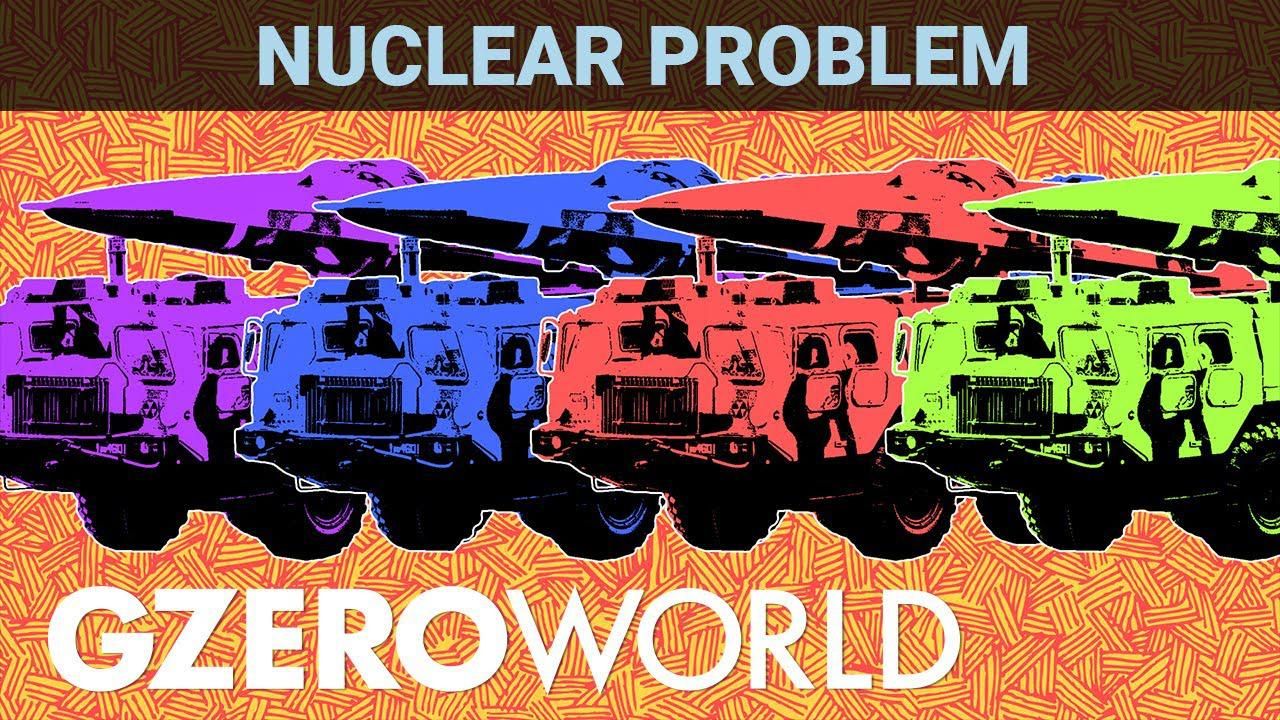GZERO World Clips
How the nuclear arms race went high tech

Ian Bremmer Explains: How the Nuclear Arms Race Went High Tech | GZERO World

On GZERO World, Ian Bremmer takes a look at the current state of the nuclear arms race. At its peak in the 1980s, the global inventory of nuclear warheads exceeded 70,000, but the global stockpile has shrunk significantly since then. Today, climate change is cited as a greater man-made threat to the planet than nuclear warfare. But in recent years, as nuclear disarmament worldwide has slowed to a crawl, world powers are engaging in a new kind of nuclear arms race: a technological one.
Watch the episode: Nuclear weapons: more dangerous than ever?
For many in Iran, it’s a waiting game for how long Ayatollah Khamenei has left to live.
In a 30-minute call on Thursday, President Donald Trump reportedly told Ukrainian President Volodymyr Zelensky he wants to end the war with Russia as soon as possible — aiming for a deal by summer, but ideally within weeks.
Former British ambassador to the U.S. Peter Mandelson leaves his residence after he was released following his arrest by London police on Monday on suspicion of misconduct in public office, following the release of U.S. Justice Department files linked to the late financier and convicted sex offender Jeffrey Epstein, in London, Britain, February 26, 2026.
The ghost of Jeffrey Epstein continues to haunt the world.
Think you know what's going on around the world? Here's your chance to prove it.